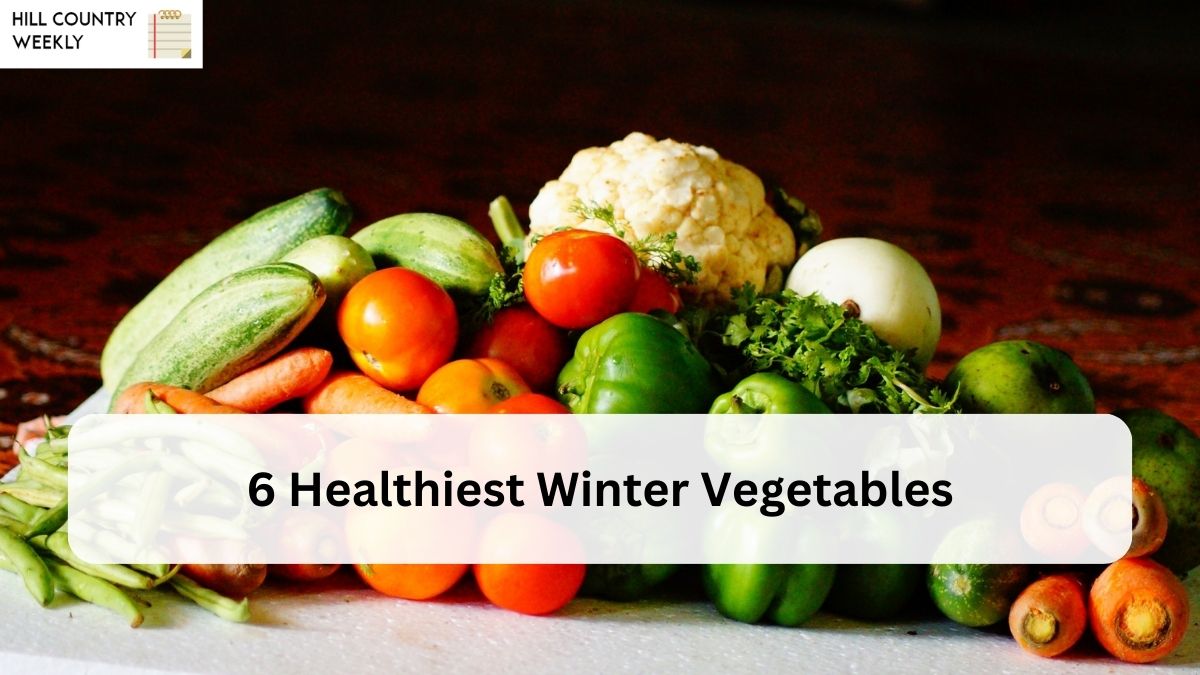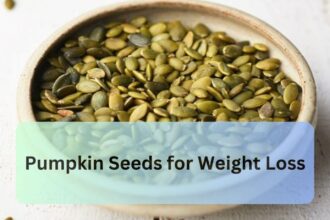Winter has wrapped its chilly arms around us, but that doesn’t mean our plates need to be devoid of vibrant, nutrient-packed vegetables. In fact, the frosty season brings forth a variety of veggies that not only add color to our meals but also contribute essential vitamins and minerals. Let’s explore the 6 healthiest winter vegetables that will keep you warm from the inside out.
1. Sweet Potatoes: The Winter Superstars
Sweet potatoes are like nature’s candy, only healthier. Packed with beta-carotene, which gives them that lovely orange hue, sweet potatoes are a winter powerhouse. They not only provide a comforting sweetness but also deliver a hefty dose of fiber, vitamins A and C, and manganese. Whether roasted, mashed, or turned into fries, sweet potatoes deserve a prime spot on your winter plate.
2. Brussels Sprouts: Tiny Cabbages with Big Benefits
Ah, Brussels sprouts – the misunderstood heroes of the winter veggie lineup. These little green globes are rich in fiber, vitamin K, and vitamin C. Plus, they boast antioxidants that support your body’s defense system during the sniffle-prone winter months. Roast them with a sprinkle of olive oil and a dash of balsamic vinegar for a side dish that might just convert any sprout skeptic.
3. Kale: A Leafy Green Powerhouse
Kale is not just a trendy green; it’s a winter warrior in the vegetable kingdom. Bursting with vitamins A, K, and C, along with minerals like iron and calcium, kale offers a nutrient-packed punch. Throw it into soups, sauté it as a side, or blend it into a winter-worthy smoothie – kale is the leafy green champion your body craves when the temperature drops.
4. Winter Squash: More Than Just Pumpkin
Winter squash varieties like butternut, acorn, and delicata are not only delicious but also bring a nutritional boost to your winter meals. Packed with vitamins A and C, potassium, and fiber, these squashes add a hearty touch to stews, casseroles, or simply roasted as a side dish. Embrace the versatility of winter squash to keep your winter meals exciting and nourishing.
5. Cabbage: Humble Yet Nutrient-Rich
Cabbage might seem humble, but don’t let its unassuming appearance fool you. This winter vegetable is a great source of vitamin K, vitamin C, and fiber. Its cruciferous nature adds an extra health boost, as compounds in cabbage are linked to potential cancer-fighting properties. Whether shredded into slaw, stir-fried, or fermented into sauerkraut, cabbage brings both crunch and nutrition to your winter table.
6. Carrots: The Crunchy, Beta-Carotene Boosters
Carrots are a year-round favorite, but their sweet crunch is especially welcome in the winter months. Rich in beta-carotene, which your body converts into vitamin A, carrots promote healthy vision and immune function. Slice them into sticks for a satisfying snack, roast them alongside other winter veggies, or grate them into salads – carrots are an easy and tasty addition to your winter menu.
Tips for Enjoying Winter Vegetables:
- Embrace Seasonal Variety:
- Winter brings an array of vegetables, so don’t be afraid to experiment with new varieties. Switching up your veggies keeps meals exciting and ensures a diverse nutrient intake.
- Roasting Magic:
- Roasting is a simple and delicious way to prepare winter vegetables. Toss them in olive oil, sprinkle with your favorite herbs and spices, and let the oven work its magic.
- Incorporate in Soups and Stews:
- Winter is the perfect season for hearty soups and stews. Load them up with a mix of winter vegetables for a comforting and nutritious meal.
- Pair with Protein:
- Boost the nutritional value of your winter meals by pairing these veggies with protein sources like beans, lentils, tofu, or lean meats.
- Mix and Match:
- Don’t limit yourself to one vegetable per dish. Mix and match winter veggies to create colorful, nutrient-rich meals that appeal to both your eyes and your taste buds.
Winter might be cold, but your plate doesn’t have to be. By incorporating these 6 healthiest winter vegetables into your meals, you’re not only adding warmth and flavor but also providing your body with the essential nutrients it craves during the chillier months. So, cozy up with a plate full of winter veggie goodness and let your health thrive in the midst of the frost.






